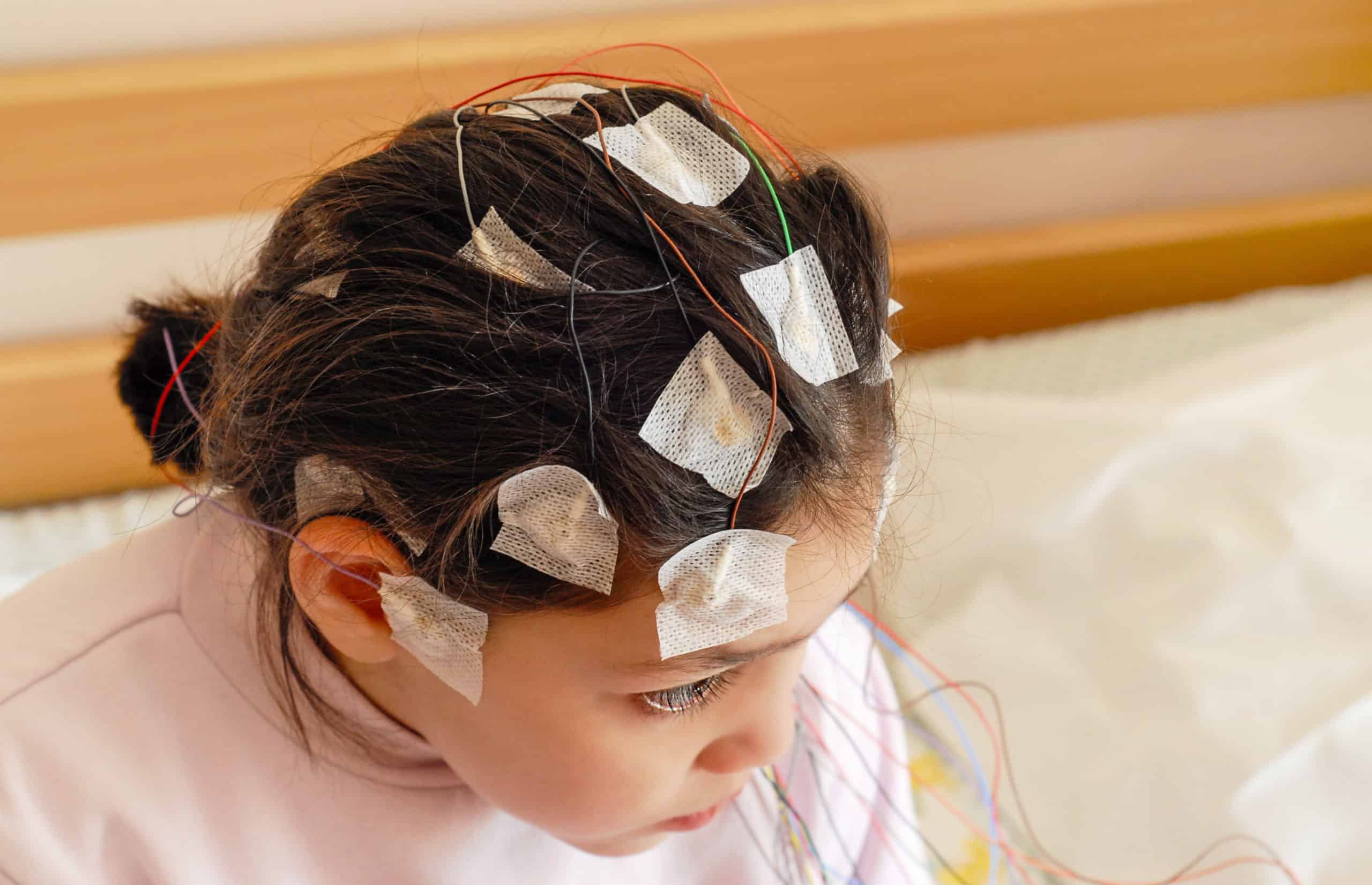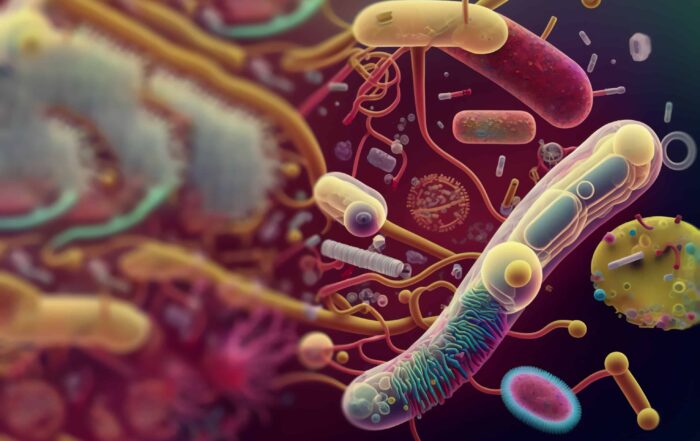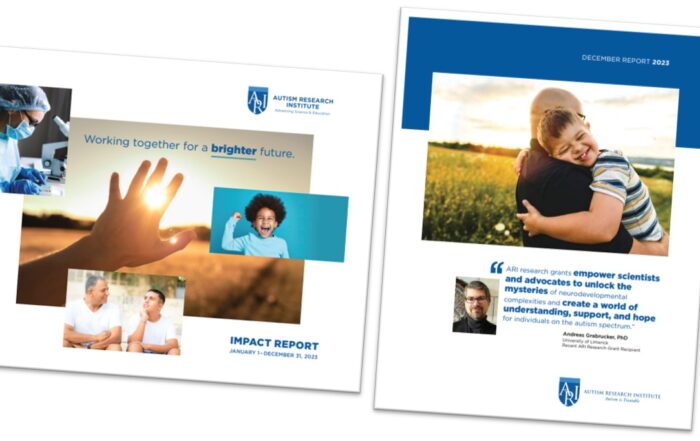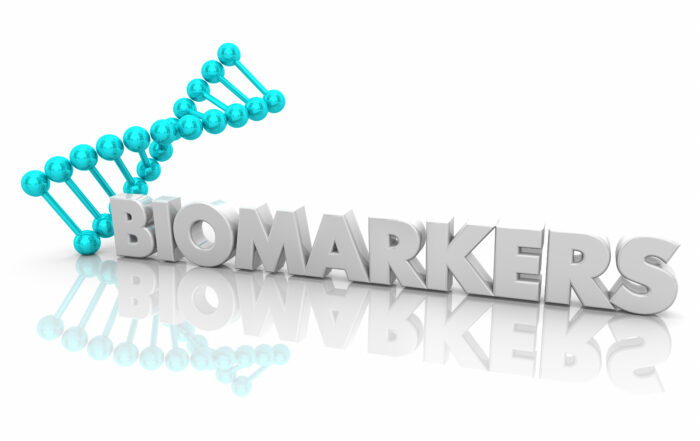Individuals with autism spectrum disorders (ASD) frequently suffer from epilepsy, and nearly one-third of people with ASD and comorbid epilepsy have seizures that cannot be controlled by medication. A new study suggests that a treatment called responsive neurostimulation may be beneficial for many of these individuals.
Responsive neurostimulation involves a device called a neurostimulator that is placed under the scalp and within the skull.

The device is connected to electrodes that monitor brain activity and detect seizures. When a seizure occurs, the device delivers a small electrical current to shorten or stop it.
Madeline Fields and colleagues conducted a multicenter study on the efficacy of responsive neurostimulation for individuals with ASD and drug-resistant epilepsy. The researchers evaluated 19 patients, ranging from 11 to 29 years of age, who had received the devices at least one year earlier.
Fields and her team found that 63 percent of the patients experienced seizure reductions of more than 50 percent, with 21 percent of them experiencing reductions of more than 90 percent. The response rate was 70 percent for individuals in whom the device had been implanted for more than two years. In addition, the researchers say, “Improvements in behaviors as measured by the Clinical Global Impression Scale-Improvement scale were noted in 79 percent.” No surgical complications were seen.
The researchers conclude, “Based on the authors’ experience in this small cohort of patients, the RNS System seems to be a promising surgical option in people with ASD [and] drug-resistant epilepsy.”
—
“Responsive neurostimulation for people with drug-resistant epilepsy and autism spectrum disorder,” Madeline C. Fields, Christina Marsh, Onome Eka, Emily A. Johnson, Lara V. Marcuse, Churl-Su Kwon, James J. Young, Maite LaVega-Talbott, Mohankumar Kurukumbi, Gretchen Von Allmen, John Zempel, Daniel Friedman, Nathalie Jette, Anuradha Singh, Ji Yeoun Yoo, Leah Blank, Fedor Panov, and Saadi Ghatan, Journal of Clinical Neurophysiology, April 22, 2022 (online). Address: Madeline C. Fields, Department of Neurology, Icahn School of Medicine at Mount Sinai, New York, New York 10029.
This article originally appeared in Autism Research Review International, Vol. 36, No. 2, 2022
Editorial – Fecal Microbiota Transplantation and Autism
Over the past several years, Fecal Microbiota Transplantation (FMT) has become the subject of growing interest in the autism community due, at least in part, to the increased awareness of the gut-brain
ARI’s Latest Accomplishments
Connecting investigators, professionals, parents, and autistic people worldwide is essential for effective advocacy. Throughout 2023, we continued our work offering focus on education while funding and support research on genetics, neurology, co-occurring medical
Biomarkers start telling us a story: Autism pathophysiology revisited
Antonio Persico, MD, a recent ARI Research Grant recipient, explores the role of biomarkers in understanding autism pathophysiology. He discusses the complexity inherent to neurodevelopmental conditions and emphasizes the need to combine




